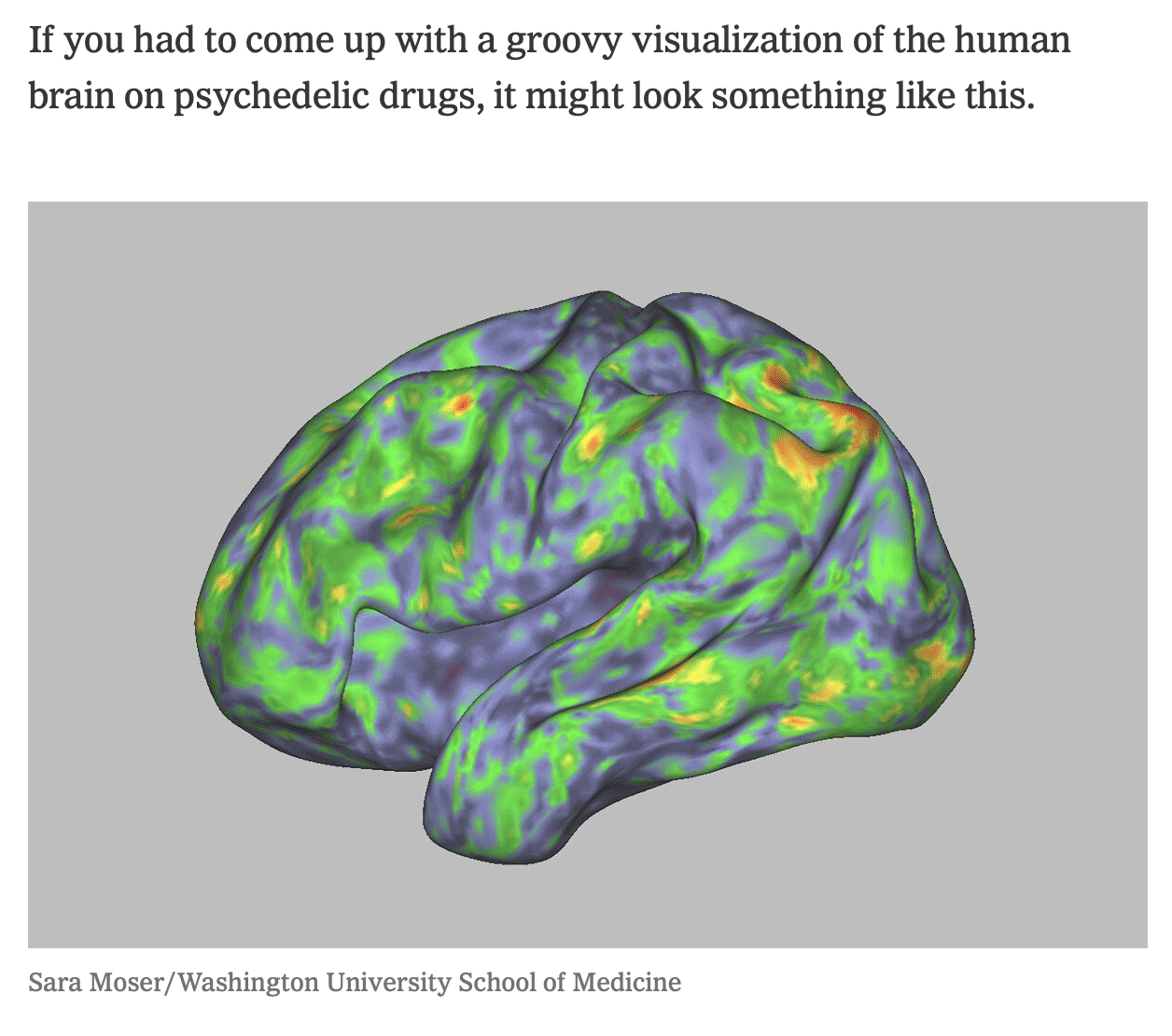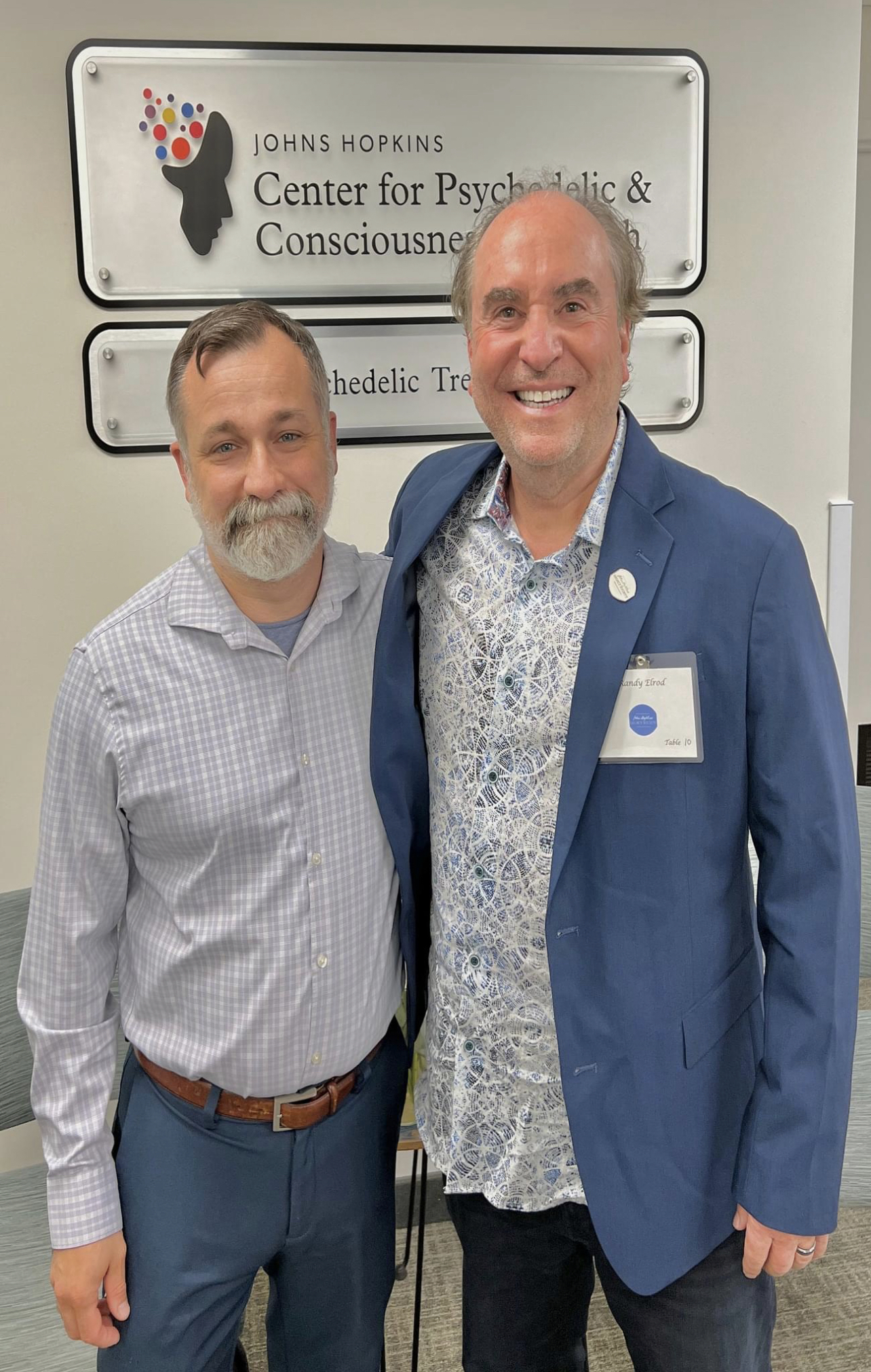I have never been much for drugs of any kind: aspirin, decongestants, blood pressure medicine, cholesterol-lowering medicine, marijuana, or any other drug-type product. Perhaps this life-long aversion to medicine unconsciously comes from my old-time Pentecostal background that opposed medical directives and advocated divine healing provided in the atonement of Jesus.
However, after seven decades of watching faithful Christians die of every horrible disease known to humanity, I realize that divine healing, Jesus, and Christianity are not viable solutions. And yet, I still have no desire to take medication. And thankfully, there is currently no need to do so. Please understand I am not against medicine and science. When medication is needed, by all means, I believe we should avail ourselves of quality medical advice and prescribed remedies. I was the first in line for every COVID-19 vaccine, flu shot, pneumonia shot, and RSV vaccine.
I am sixty-six years old and have never smoked a cigarette, only had three tokes and one brownie of marijuana (hard to believe, I know, I grew up in the seventies), and currently take no medicine at all. To clarify, I do take one multivitamin each day. I say all this to illustrate what a huge deal it was for me to consider ingesting a little brown mushroom called magic (also known as psilocybin and psychedelics).
I have thoroughly documented the backstory of my psychedelic journey in my latest book, The Quest, and will not do so here. This post explains why I believe in Psychedelics—so much so that I am a member of the Johns Hopkins Legacy Society and honored to be the first person to bequest a significant estate to their Center for Psychedelic and Consciousness Research.
After being shunned by my former religious community and losing most of my friends and some of my closest family, a psychologist eventually diagnosed me with PTSD stemming from my upbringing and the radical break I made with my former life. And while therapy helped, therapy coupled with psychedelics helped even more.
Studies conducted in the 1950s and 1960s suggested that psychedelics, which induce altered states of perception and thought, held promise for treating anxiety, depression, and alcohol use disorder. But concerns over potential abuse, coupled with negative media attention and associations with the 1960s counterculture, effectively killed that research: The government classified psychedelics, such as LSD and psilocybin, as Schedule I drugs, leading to highly restrictive regulation and the end of federal funding.
In 2000, however, Johns Hopkins researchers led by the late Roland Griffiths, PhD, won regulatory approval to reinitiate psychedelics research and began publishing studies demonstrating the safety and utility of drugs like psilocybin in treating conditions such as depression, anxiety, and tobacco addiction. (Griffiths, who founded the Center for Psychedelics and Consciousness Research in 2019, died of colon cancer this past October.)
His work helped spur a renaissance in psychedelics research around the globe. It reduced the stigma associated with the therapeutic use of these substances. Today, researchers at the center and elsewhere are investigating the potential use of psychedelics to treat ailments ranging from anorexia to Alzheimer’s disease.
A behavioral psychologist friend of mine told me about research indicating that psychedelics could help treat PTSD. Intrigued, I began reading and listening to podcasts about the science of psychedelics, discovered the work at Johns Hopkins, and eventually had my life-altering encounter with psilocybin. My fear and distress have been greatly alleviated, and I’ve had more joy and peace in the last four years than ever.
Not long after my immensely positive experience, Gina’s father passed away, and we found ourselves wondering if psychedelics might have brought him some relief as he approached the end of his life. Multiple studies by CPCR researchers have shown that psilocybin can reduce depression, including the kind that can accompany a terminal diagnosis. When our financial manager prodded us to do some estate planning, after much thought, we decided to reach out to Johns Hopkins to discuss a commitment from our estates to the center, which has, since its inception, been supported almost entirely by philanthropy.
We received a letter we will forever treasure from the new Psychedelic Center Director, Fred Barrett, PhD (photo below), an associate professor of psychiatry and behavioral sciences at Johns Hopkins. “Your vision in providing an unrestricted gift is foundational to the future of psychedelic science, and your gift is critical to ensuring important work continues, including the investigation of approaches that may provide novel solutions for treating intractable suffering.”
Those words only increase our sense of satisfaction in making a legacy gift. It makes us feel good knowing we can do this. That is why this drug teetotaler believes in the therapeutic and life-changing power of psychedelics. I have experienced it for myself, and I’m so grateful.
Unlike America, one of the many significant advantages of living in Spain is growing our magic mushrooms without fear of arrest and imprisonment. There is something “magical” about cultivating one’s mushrooms from spores and watching them grow. Better yet, instead of using synthetic medicine, I am eating and enjoying an organic mushroom, a part of nature and the rhizome.
Finally, here is an IMPORTANT NOTE. Knowing your family history, particularly any psychiatric issues such as schizophrenia, taking care to establish an intention for the trip, having a trained guide present at all times, and having a pleasant setting are just a few of the crucial aspects of a positive and healthy psychedelic journey. Before you decide to use psychedelic mushrooms, make sure you have thoughtfully researched and prepared. The little brown mushrooms look innocent, but they are extremely powerful.
Click the image below for a fascinating article about your brain and psychedelics.


